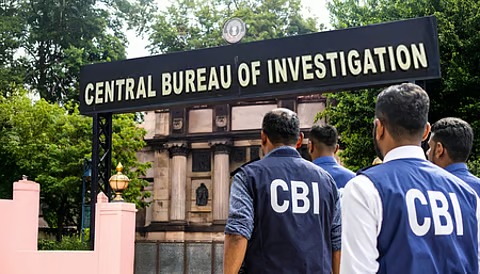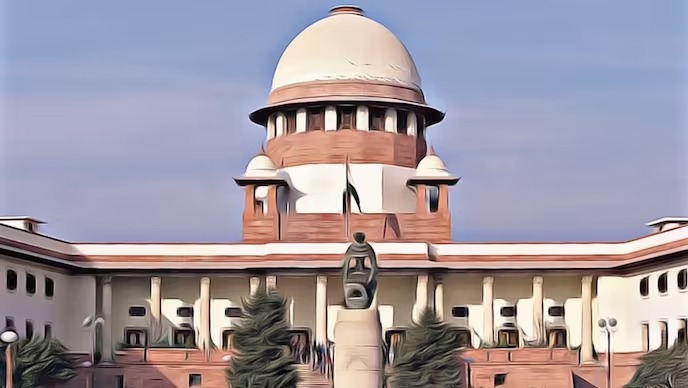1. Heard learned standing counsel and learned Counsel for the private respondent.
2. The claimant respondent, who was working as Assistant Accountant in the Sub-Treasury, Basheedh District Ballia. He was suspended on 8.4.1993 in contemplation of departmental inquiry. The Senior Treasury Officer, Ballia, was appointed as Inquiry Officer. It is alleged that during the course of suspension, the petitioner was not paid subsistence allowances though certificate was furnished to the effect that he was not employed else where. An FIR was also lodged u/s 419, 420, 467, 468 IPC against the claimant respondent. Chargesheet dated 6.1.199 was served containing 9 charges. The petitioner submitted reply to the chargesheet. It has been stated by the petitioner''s counsel that the petitioner did not appear to participate in the inquiry. The Inquiry Officer submitted his report after receipt of reply to the chargesheet and in consequence thereof, by the impugned order dated 2.4.1997 served on 15.4.1997, the respondent claimant was punished with the dismissal from service. The order of dismissal was subject matter of dispute before the U.P. State Public Services Tribunal. The Tribunal allowed the claim petition on two grounds firstly, that the charges were not proved by the appointing authority and secondly, the inquiry was held but no evidence was recorded by the Inquiry Officer and straight away, after receipt of reply to chargesheet, the Inquiry Officer submitted report and on consequence thereof, services of the claimant respondent, were dispensed with.
3. Submission of the learned Counsel for the claimant respondent is that the claimant respondent himself did not appear before the Inquiry Officer and he has not cooperated with the inquiry proceeding hence the Inquiry Officer submitted report.
4. Now, it is settled principles of law that regular inquiry means after service of charge-sheet and receipt of reply to the charge-sheet, oral evidence should be recorded with opportunity to cross-examine the witnesses. Thereafter, the delinquent employee has a right to lead evidence in defence and opportunity of personal hearing should be given by the Inquiry Officer vide, Jagdish Prasad Singh v. State of U.P. 1990 LCD 486, Avatar Singh v. State of U.P. 1998 LCD 199 ,
5. In the present case, admittedly, the procedure provided by law, has not been followed by the Inquiry Officer hence the Inquiry Officer seems to have acted in utter disregard to principles of natural justice. It may be noted that the Inquiry Officer works like independent arbitrator and he has got no concern either with the department or delinquent employee. He acts like independent body and only in case charges are proved before him by leading cogent and material evidence with opportunity to charged employee to cross examine the witnesses, submit rebuttal and to lead evidence in defence, then the inquiry report should be submitted to the disciplinary authority.
6. In view of the above, we are of the view that the Tribunal has rightly held that inquiry was not held in accordance with law and it suffers from substantial illegality i.e., non-compliance of natural justice. No opportunity was given to the delinquent employee to cross examine the witness and defend his cause. Accordingly, the judgment and order passed by the Tribunal, does not seem to suffer any illegality. However, it has been submitted by the learned Counsel for the petitioners that no opportunity has been given by the Tribunal to the petitioners to proceed afresh against the claimant respondent.
7. It is settled law that in case punishment order is set aside by the Court or Tribunal on account of non-compliance of principles of natural justice and procedural illegality, opportunity be given to department to proceed afresh.
8. Accordingly, we partly allow the writ petition. The judgment and order dated 8.5.2009 passed by the Tribunal, is modified to the extent that it shall be open to the petitioners to proceed afresh against the claimant respondent. In case the petitioners decide to proceed afresh, let fresh inquiry be held expeditiously and preferably within six months. In case, the inquiry is not concluded within six months, then the petitioner shall ensure the payment of provisional pension to the claimant respondent. The payment of backwage shall be subject to final outcome of inquiry. Under these conditions, it shall be obligatory and open to conclude the inquiry within period of one year.
9. The writ petition is decided accordingly. No orders as to costs.

